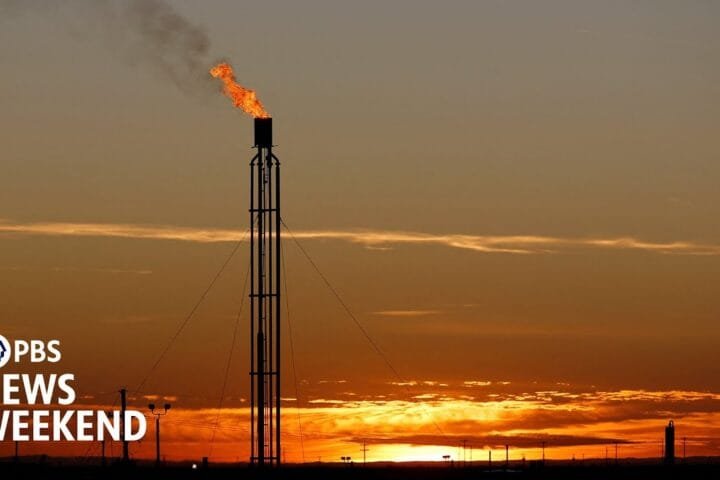"Oil Industry Asks Trump to Repeal Major Climate Policies" originally appeared on Inside Climate News, a nonprofit, independent news organization that covers climate, energy and the environment.
Summary
The American Petroleum Institute (API) has released a five-point plan for the incoming Trump administration that seeks to dismantle key climate policies established by the Biden administration. This plan includes repealing fuel economy standards, expanding offshore drilling, and eliminating a methane emissions fee. Despite claiming to support emissions reductions, the proposals are criticized for prioritizing fossil fuel interests over environmental protection, raising concerns among environmental groups.
Highlights -🌍
- API’s five-point plan targets Biden’s climate policies. 📜
- Key proposals include repealing fuel efficiency standards. 🚗
- Calls for expanding offshore oil and gas drilling. ⛽
- Requests elimination of the methane emissions fee. 💨
- Environmentalists vow to fight against these proposals in court. ⚖️
- Oil executives are prominent donors to the Trump campaign. 💰
- The plan contradicts stated goals of supporting the Paris Agreement. 🌐
The list, released by the American Petroleum Institute and coming on the second day of the global United Nations climate conference, does not mention the words “climate change.” The document maintains that the industry group and its members agree on the need to reduce emissions. Yet its requests, if enacted, would remove many of the tools available to the United States to achieve that goal.
Perhaps most importantly, API asked the incoming administration to repeal the tailpipe and fuel economy standards for cars and trucks that aim to cut carbon dioxide emissions in the transportation sector, the nation’s largest source of climate pollution. The list also includes revoking a waiver that allows California and 12 other states to set tougher rules for vehicles. These rules together are expected to speed the nation’s transition to electric vehicles and significantly lower carbon dioxide emissions.
Read the full post at Inside Climate News.





